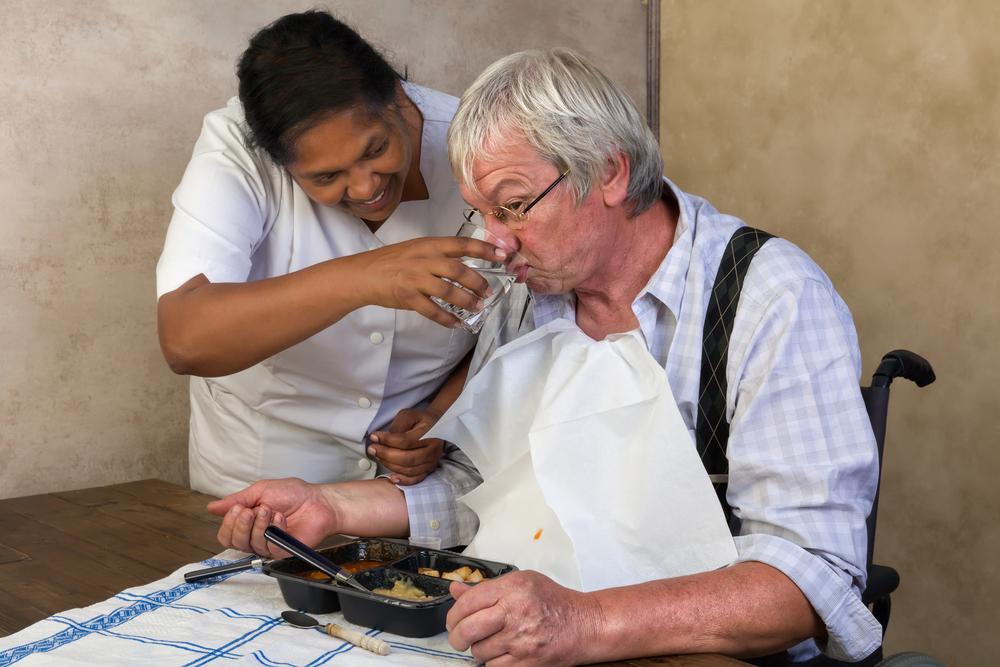Global Recognition and Regulation of Elderly Care Services
This article highlights how nations like Australia, Italy, Scotland, Taiwan, and the USA have recognized and regulated senior caregiving, setting impactful examples worldwide. It discusses government initiatives, caregiver roles, and support systems, emphasizing the importance of formalized elderly care. Recognizing the critical role of caregivers, these countries strive to enhance elder support, ensure caregiver rights, and promote community well-being through structured policies and services.

Countries Leading the Way in Elderly Care and Support Regulations
Providing care for seniors is a vital societal responsibility that transcends mere employment—it reflects a commitment to human compassion. Caregivers assist individuals with disabilities or the elderly who cannot manage daily activities independently. Several nations have acknowledged the significance of senior caregiving and have formalized these services to set positive examples worldwide.
Australia
Australia boasts the Australian National Young Carers Action Team (ANYCAT), which advocates for 75,000 young carers. Many Australian states host their own branches, such as YCABQ. According to a study by the University of Queensland, Australian carers deliver approximately $13.2 billion in free mental health support annually, equivalent to the efforts of 173,000 full-time mental health professionals.
Italy
Italy, with the highest percentage of citizens aged 65 and older, has an average life expectancy of 76.7 years for men and 82.9 for women, projected to increase further by 2050. To support family caregivers, Italy offers various initiatives such as relief services, vouchers, and daytime centers focused on recreation and rehabilitation for seniors.
Scotland
As per the 2001 census, over 480,000 individuals in Scotland are involved in caregiving roles, including many seniors itself. While some provide around 20 hours weekly, others dedicate more than 50 hours. Scotland recognizes caregivers as partners in the care process and does not charge them for services, highlighting a progressive approach to elderly support.
Taiwan
Around 600,000 family caregivers in Taiwan spend approximately 13.5 hours daily assisting elderly family members. The majority are women, with half over age 50. The government launched extensive caregiving programs, including the National Health Insurance system since 1995, and established the Bureau of Health Promotion in 2007 to coordinate elderly health initiatives and caregiver support services.
United States of America
About 43.5 million U.S. family members provide care for relatives over age 50, with 14.9 million supporting those with dementia like Alzheimer’s. Around 1.4 million youths aged 8-18 serve as caregivers. Certification requirements vary across states, with some needing licensure through caregiving agencies and others through educational programs. Male caregiving is on the rise, reflecting changing demographic trends.









